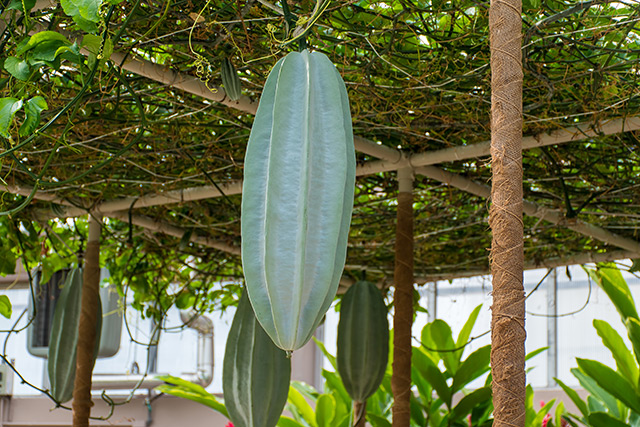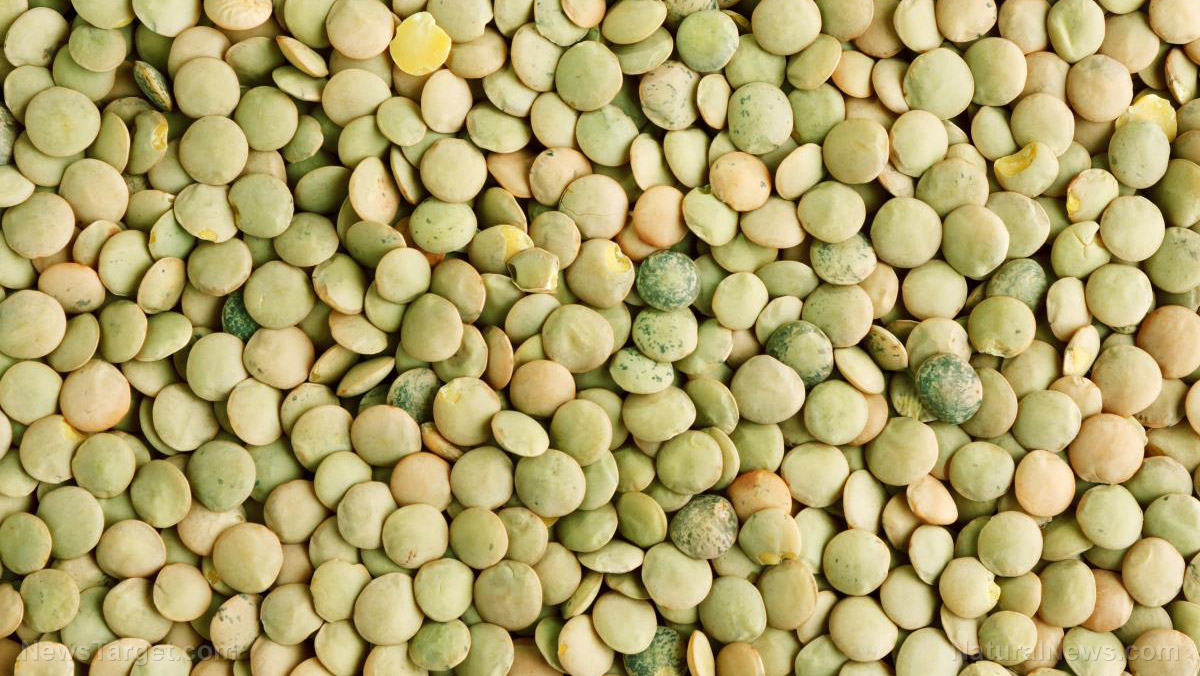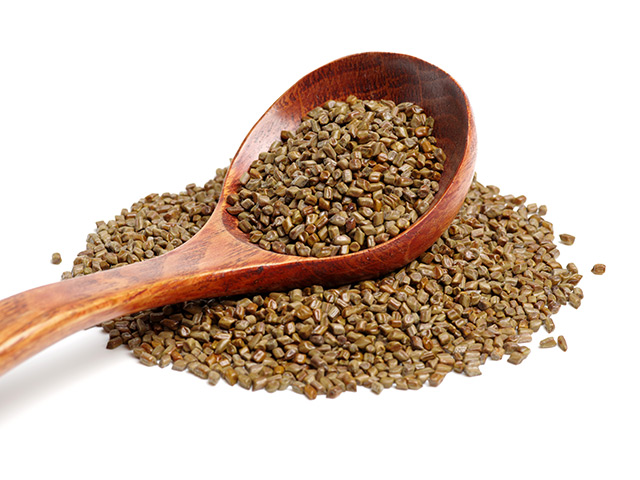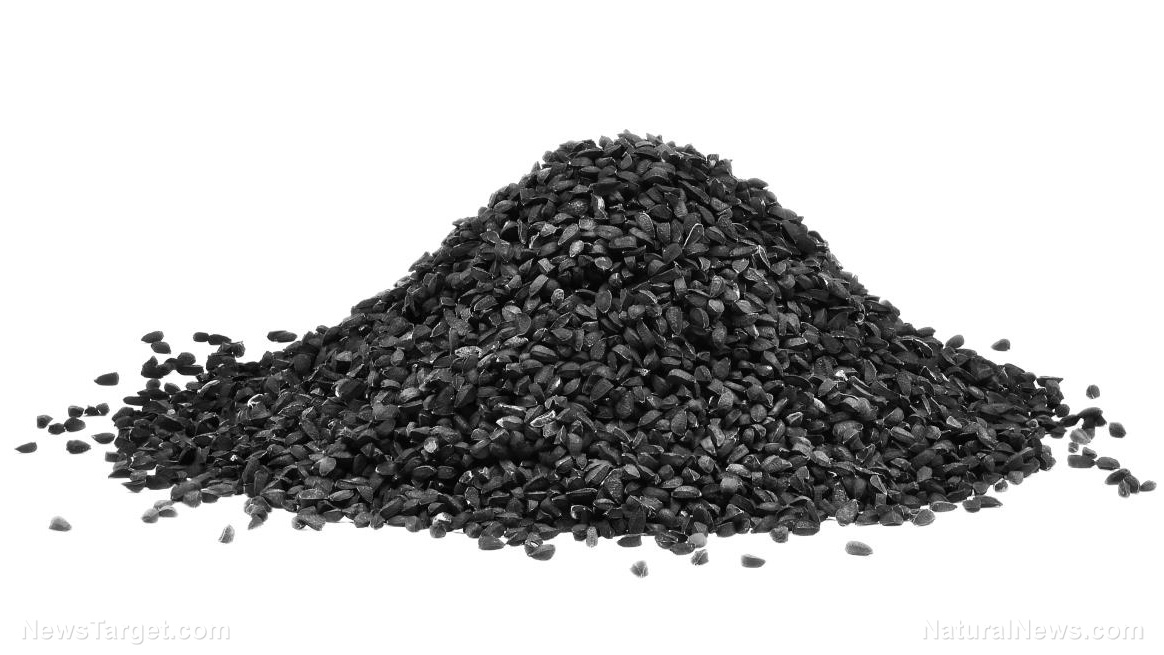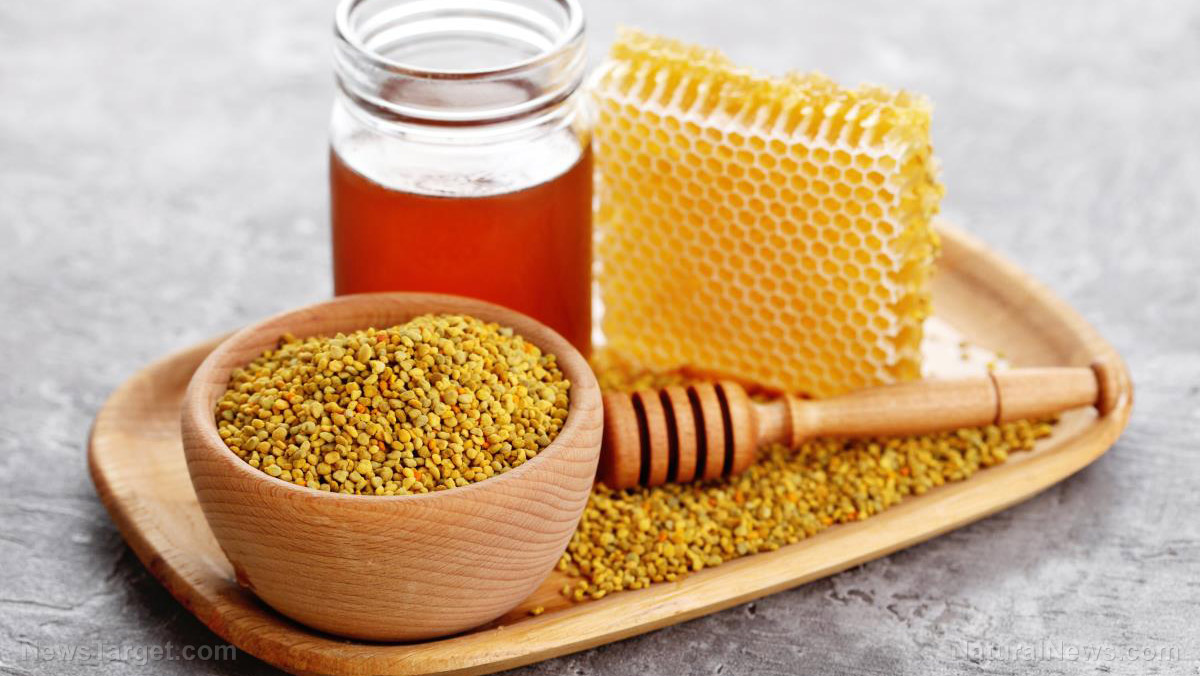Set of studies reveal what happens to the cancer-fighting phenolic acids in corn when they are processed
10/10/2018 / By Michelle Simmons

Do you like having cornflakes for breakfast? It may not be the best breakfast option after all. Research has revealed that the cancer-fighting phenolics in corn are lost when they are processed. A team of researchers from the University of Illinois conducted a set of studies to determine what happens to cancer-fighting phenolic acids in corn when they are processed.
For the study, which was published in the Journal of Agricultural and Food Chemistry, the research team created cornflakes from nine corn genotypes with different phenolic content. They did this in order to determine if high amounts of ferulic acid and p-coumaric acid in the corn kernel can be carried over and translated to greater amounts in the end product.
As they processed the corn, they discovered that the dry-milling process removes most of the phenolic acids, regardless of the concentration in the grain at the beginning. Corn’s phenolic compounds are mostly concentrated in the bran, which is the outer covering of the corn kernel. However, the bran is removed in the initial stages of the dry-milling process.
The research team also tried to increase the remaining soluble phenolic content of the corn by heating the starchy leftovers during later processing stages. Although most of the phenolic compounds in corn are bound to fiber, heat may help release bound forms of the compounds. It may also increase the antioxidant content of corn-based foods.
Results revealed that although there was an increase in soluble phenolic compounds, it was too small that you could get the same amount from other healthier food options.
“We did see an increase in soluble phenolics, but it was so small, you could have gotten the same benefit from going to the refrigerator and eating a few blueberries,” said Carrie Butts-Wilmsmeyer, lead author of the studies and research assistant professor in the Department of Crop Sciences at the University of Illinois.
Based on the findings of the research, the researchers concluded that the phenolic content in corn did not make it to the final product as they were lost when they were processed.
Genetically modified corn harms the digestive tract
Corn is one of the most common crops that is genetically modified (GM), which is harmful when consumed. Unfortunately, most corns available today are already genetically modified. Yet another study has proven that this GM crop is bad for the health, particularly the intestinal tract. The study, published in the journal Experimental and Toxicologic Pathology, has revealed that mice fed with GM corn for 90 days suffered from serious damage to the surface mucous membranes of the jejunum – a part of the small intestine. (Related: Corn, the GM poster crop, will soon be nutritionally engineered to try to increase its value.)
For the study, the researchers fed mice either a GM corn or a non-GMO corn. The GM corn mice group were fed with a specific type of corn called MON810: Ajeeb YG, a variety of Monsanto’s GM corn. This is a GM version of Ajeeb, which is a local species of corn grown in Egypt. Corn made up 30 percent of the mice’ diet.
Results revealed that mice fed with GM corn had damaged villi, the finger-like structures in the intestine that absorb nutrients from foods. They were distorted and flattened and some cells were bound together. There were also signs of inflammation around the area, the mucosal glands were disturbed, and blood vessels were congested. Moreover, shedding of mucosal cells, cell division, and the number of mucus-secreting goblet cells all increased. Therefore, the researchers concluded that consumption of GM corn greatly harms the jejunum.
Read more news stories and studies on genetically modified crops like corn by going to GMO.news.
Sources include:
Tagged Under: corn, cornflakes, ferulic acid, food processing, food quality, food safety, GM corn, GM crops, GMOs, harvest, nutrition, phenols, processed corn











